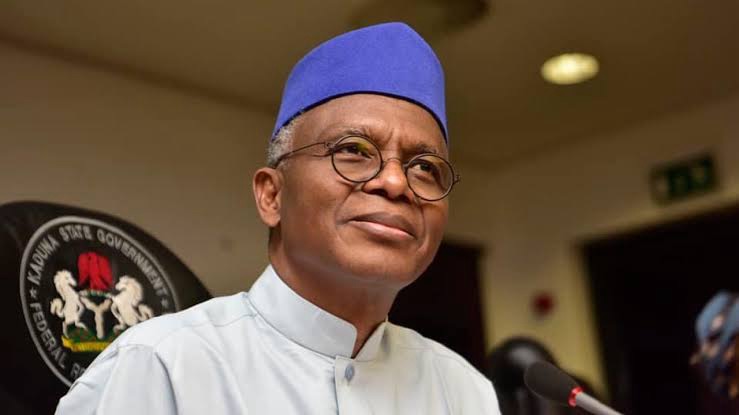… As CJN urges Magistrates, Judges to defend judicial independence
Former Kaduna State Governor, Nasir el-Rufai, has accused many judges and lawyers in Nigeria of engaging in corruption, stating that their actions have seriously eroded public trust in the judiciary.
Speaking at the Law Week of the Nigerian Bar Association (NBA), Bwari Branch, in Abuja, el-Rufai declared that delayed justice and biased judgments have weakened the integrity of the courts.
He urged judges to stop issuing biased rulings and warned that justice in Nigeria increasingly favours the wealthy and powerful.
El-Rufai also criticised lawyers who manipulate the judiciary for political gains, particularly through the use of ex parte orders in political disputes.
He called on legal professionals to reflect deeply on their responsibilities and uphold justice without interference from the executive arm of government.
“Our judiciary, meant to stand as the foundation of fairness and order, now faces intense scrutiny,” he said.
“The rise of forum shopping, the misuse of ex parte orders in political cases, and the growing belief that justice is for sale accessible only to the rich and influential show that our courts administer law, not justice.”
While delivering the keynote address titled ‘Lawyers as Agents of Change: Navigating Economic Reforms, Judicial Policy and Contemporary Issues’, el-Rufai challenged lawyers to act as “custodians of conscience” and to resist systemic failures, especially within the judiciary.
At the same time, the Chief Justice of Nigeria, Justice Kudirat Kekere-Ekun, urged newly appointed magistrates and judges to maintain high ethical standards and uphold judicial independence.
She gave the charge while declaring open an induction course organised by the National Judicial Institute (NJI) for new judicial officers in Abuja.
Justice Kekere-Ekun said the judiciary selected the new officers based on confidence in their capacity to dispense justice with integrity and efficiency.
She described the theme of the course, ‘Enhancing Judicial Efficiency and Quality of Decision-Making’, as timely and relevant, stressing the importance of delivering justice promptly and professionally.
“Justice must not only be done but must be seen to be done promptly and professionally,” she stated.
She acknowledged that judicial delays still undermine public confidence in the courts and identified tools such as Alternative Dispute Resolution (ADR), sentencing guidelines, and the Nigeria Case Management System (NCMS) as essential for addressing inefficiencies and promoting transparency.
Drawing from her own experience as a magistrate, the CJN encouraged the new judicial officers to combine sound legal reasoning with an awareness of the social and economic conditions in which they serve.
“This approach will help you issue decisions that are both legally sound and socially just,” she added.
The Administrator of the NJI, Hon. Justice Salisu Abdullahi, also called on the new magistrates and judges to uphold efficiency, fairness, and impartiality in their service


